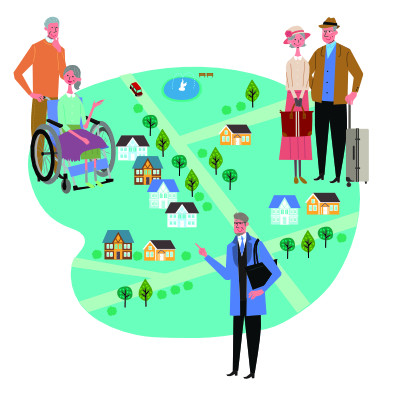The Important Role that Money plays in Caregiving Decisions
It's no secret that families tend to shy away from the topics of money and death more often than not. The fact, however, is that caregiving decisions often revolve around money, as care options will vary greatly depending on one's assets. So money plays a very important role in the choices that are made and discussions that take place between family members.







